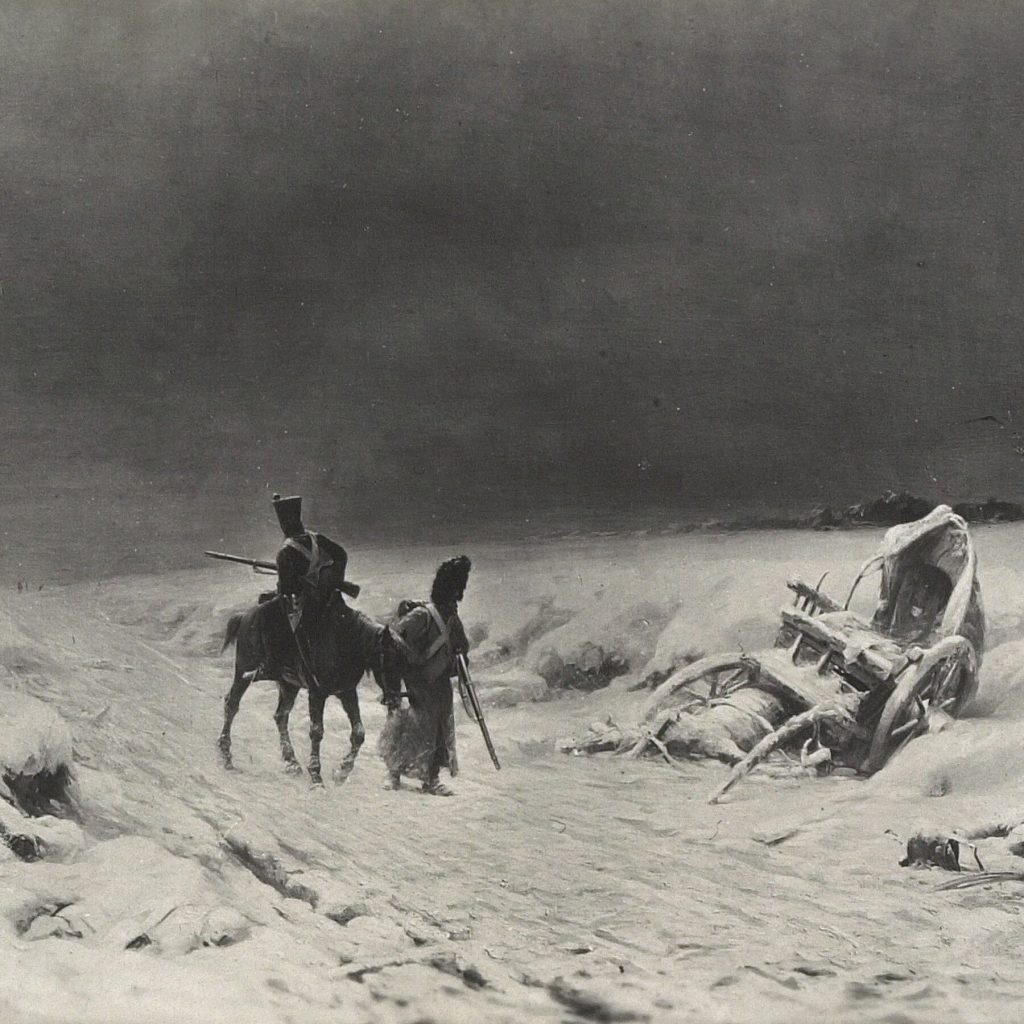DNA Identifies 2 Bacterial Killers That Stalked Napoleon’s Army

In a groundbreaking discovery, scientists have identified the genetic culprits behind the massive casualties suffered by Napoleon’s army during their ill-fated retreat from Russia. By analyzing DNA extracted from 13 teeth found in a mass grave in Lithuania, researchers have pinpointed two bacterial infections that ravaged the French troops, contributing significantly to their devastating losses.
The teeth, which dated back to the early 19th century, were discovered in a grave believed to contain the remains of soldiers from Napoleon’s Grande Armée. The genetic material extracted from the teeth revealed the presence of two particularly virulent bacteria: Escherichia coli (E. coli) and Dickeya solani. These pathogens, it is believed, caused severe diarrheal diseases that swept through the army, weakening and killing thousands of soldiers as they struggled to escape the harsh Russian winter.
The findings provide a unique insight into the health crises faced by Napoleon’s army during their catastrophic retreat from Russia in 1812. Historians have long known that the army was decimated by a combination of harsh weather conditions, inadequate supplies, and disease. However, the specific causes of these diseases have remained a mystery – until now.
The research team used advanced genetic sequencing techniques to analyze the DNA extracted from the teeth. By comparing the genetic material with modern databases of bacterial genomes, they were able to identify the specific strains of E. coli and Dickeya solani that infected the soldiers.
The study’s lead author noted that the discovery was a significant breakthrough in understanding the health challenges faced by historical armies. “Our findings highlight the importance of considering the role of infectious diseases in military campaigns,” the researcher said. “The identification of these bacterial pathogens provides a new perspective on the medical history of Napoleon’s army and has significant implications for our understanding of the impact of disease on military outcomes.”
The study’s findings have been hailed as a major breakthrough in the field of historical epidemiology, shedding new light on the medical history of one of the most pivotal moments in European history. By analyzing DNA from historical remains, researchers hope to uncover more secrets about the past, providing a better understanding of the health challenges faced by armies and civilians throughout history.



